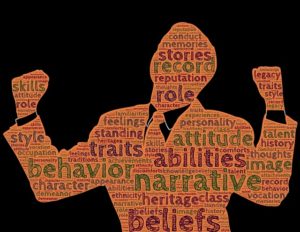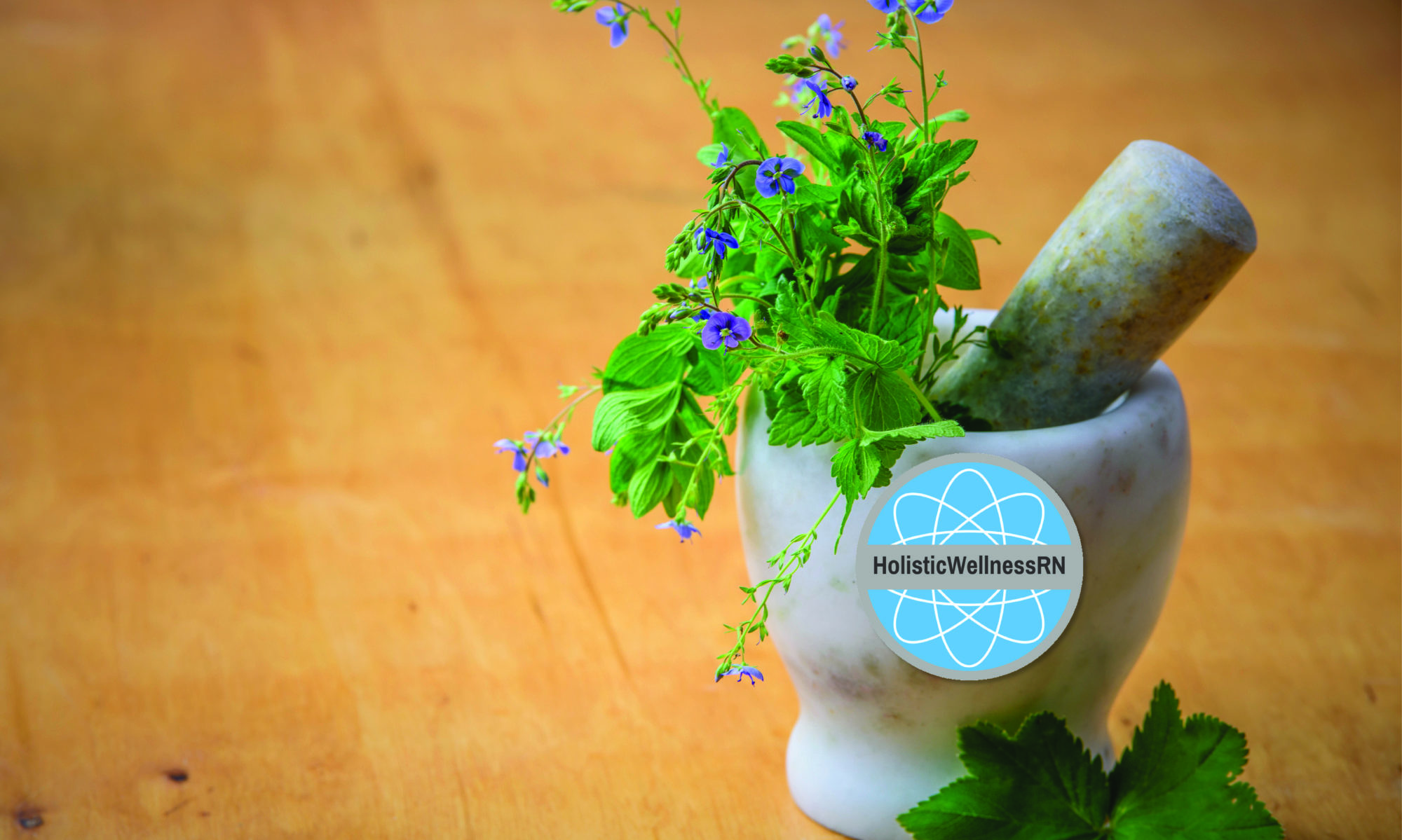The Balancing Act of Self-Esteem
Having a healthy and balanced self-esteem is a major key to living a healthy, happy, and fulfilled life. There are two sides to every coin, however. Sometimes self-esteem can become something else – namely, an unbalanced ego. Sadly, many people live their life with their ego in the driver’s seat, not their spirit. So how do you know if you are simply being confident, or if you are deceiving yourself? How do you balance your self esteem?

Keep scrolling to download my 8 page worksheet, Loving Yourself
Healthy Self-Esteem
A healthy self-esteem is one where you have the confidence to be honest with yourself, and love yourself no matter what. A healthy self-esteem encourages you to live your life to the fullest, make bold but good choices, and to keep going if and when mistakes are made.
Low Self-Esteem
An unhealthy self-esteem goes two ways. On one hand, a low self-esteem leaves you with zero confidence as well as an often unrelenting fear of making mistakes, and often leads to a poor quality of life.
Over-Inflated Self-Esteem
An over-inflated self-esteem is also unhealthy. This is a form of self-deception that tricks you into thinking that you are better than everyone else and that you can do anything, even to the point of ostracizing your friends and family.
The Dangers of Unbalanced Self-Esteem
Either way, an unbalanced sense of self-esteem can lower your quality of life. People with low self-esteem often miss out on some of the best things that life has to offer. Either they are too afraid to make a mistake, or they feel that they are not worthy of happiness. This type of existence only holds you back from having the life you desire.

Relationships
An over-inflated sense of self-esteem puts you in danger of losing friends and close relationships. Outwardly, people with an over-inflated sense of self-esteem come off as cocky or mean. They tend to have trouble gaining and keeping close, loving relationships because they come off as being less than genuine.
Lying to Yourself
Typically, however, an inflated self-esteem is generally a sign of the exact opposite. Most people like this are hiding their true selves and are actually riddled with low self-confidence. The false mask of bravado is not true self-esteem, and this confidence is really just a form of self-deception.
Understanding the Meaning of Self-Esteem
Self-esteem is defined as confidence in your own self-worth, a sense of self-respect. You are not respecting yourself if you do not believe you are worthy of respect and happiness, nor are you respecting yourself by hiding behind an inflated ego.
Be Honest with Yourself
To truly find your own self-worth and build a true and balanced healthy self-esteem, you have to first be honest with yourself. Stop hiding behind fear or a false sense of confidence. Often, being honest with yourself is harder than being honest with an outside person.
Self-esteem is truly a balancing act that everyone has to work on. To build a healthy and balanced self-esteem you must first and foremost be honest with yourself. Only then can you start to work on your view of the world as a whole and make real changes that could change your life for the better.

Factors That Influence Your Self-Esteem
There are many factors in life that influence your self-esteem. These factors can either build your self-esteem up, or pull you down.
Childhood
Your childhood is one of the main contributing influences to your self-esteem. As you are growing up and your personality and everything else are developing, everyone around you has the potential to influence the person you become – including your self-esteem. During childhood, your subconscious is absorbing everything in its environment: family, friends, teachers, etc. This is the time the most subconscious programming occurs. Problems with self-esteem in adulthood almost always have its origins in your childhood, specifically from ages 0-7.
For example, children that grow up in particularly chaotic home environments tend to have lower confidence and self-esteem. Children that grow up in unstable homes tend to carry that burden with them throughout their entire lives.
Society
The pressures of society are a main contributor of low self-esteem. There are so many demands to live a certain way, dress a certain way, have a certain kind of job and act accordingly. These pressures can weigh on you, and succumbing to the pressure can often lead to low self-esteem. You are wonderfully created! You are unique! Be you! Not what the world tells you that you should be, dress or act.
Media
Our absolute obsession with the media, whether it is print ads, television, or social media, contributes to the dilemma of widespread self-esteem issues, especially in today’s youth. The ready access of social media especially helps to influence young minds with the pressure to look, act, or otherwise be like celebrities, public figures, or even their peers. It can be hard not to compare yourself to others even as an adult, but young people struggle with this even more than adults.
Beliefs
Some religions and other belief systems can contribute to your sense of self-worth. Some religions and belief systems can build you up as a person and fill your life with love and joy. Some religions suggest that people are inherently bad and that you are a “sinner” no matter how you live your life. While no belief system is inherently bad in itself, sometimes these practices and ideas can influence self-esteem. Some organized religions are fear based. Designed to have their believers live in fear. Fear in general is many people’s number one block, or limiting belief. You were created with unlimited power, energy and love. Live you life with this mantra: “I am filled with unlimited power, energy and love.”
Friends and Family
The people you spend time with have a big influence on your self-esteem. Your friends can help you build up your confidence, self-image, and self-respect, or they can bring you down. Some people even purposefully bring each other down to build themselves up, whether or not they are aware of what they are doing.
The family that you grew up with, as well as the family that you come home to, can have an effect on your self-esteem as well. Feelings of inadequacy when it comes to providing for your family can add to a low self-esteem, while a family that works together and builds each other up can contribute to a healthy self-esteem.
Romantic Involvements
All relationships can influence your self-esteem, but romantic relationships tend to have the biggest effect. Being in a happy and loving relationship can boost your self-esteem. On the other hand, a bad relationship can bring you down in so many ways. A bad break-up or being left by a partner can also weigh heavily on your confidence and self-esteem. More on painful break-ups in a future post.
Work Environment
You spend so much of your life at work or at school, it’s no wonder that that environment would influence every aspect of your life, including your self-esteem. A stressful and overly demanding job can often contribute to a low self-esteem, while a productive and encouraging workplace can help you grow stronger. Discover who you are, what are you passionate about? When you are passionate about your job, you will never work another day in your life.
Health
Your overall health can also contribute to your self-esteem. Taking care of yourself, body, mind and spirit can strengthen all aspects of yourself including your self-esteem.

Overall, there are so many factors that can influence your self-esteem. Every part of your life has influence, and therefore has power over your self-esteem. We were all given free will. Are the choices you are making in life building you up or tearing you down? You decide what and who you have in your life. But, the person with the most control over your self-esteem is yourself. Practice giving yourself good messages; avoid self-bullying in order to build up your self-esteem. Every morning, look at yourself in the mirror. Make eye contact with your mirror image. Repeat three times, ” I love you.” A small and easy start for improving your self esteem.
Download my 8 page worksheet, Loving Yourself, below:
https://www.dropbox.com/s/6cbsm7hlklf4yt6/Loving%20Yourself%20worksheet.docx?dl=0
Print it out, take the time to fill it out. Take action if you want to change your life. Changing your life starts by changing within.
